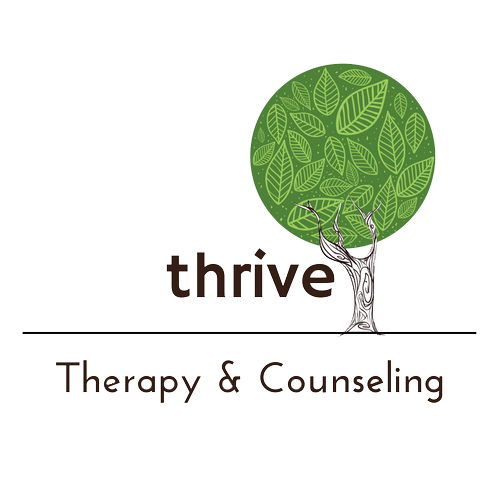Soothing your sensitive soul
Person sitting on a bed journaling
Some days I struggle to get out of bed. Whether it’s because I don’t want to face something, I didn’t sleep well the night before, or my bed is just exerting its natural gravitational pull, it reminds me of the importance of rest. As a highly sensitive person (HSP), I’m used to feeling quickly depleted by the goings-on of an average day. As a highly sensitive therapist, I’m even more aware of the mental and emotional load I carry at any given time and how important it is to let go and just be with myself. As highly sensitive therapists, how do we soothe ourselves, not just when we’re stressed or tired, but every day? How might paying attention to our own soothing enable us to be more centered therapists and humans?
Silence
Have you ever wished you could turn down the volume on the whole world? As an HSP, you may be familiar with experiencing your senses very acutely – smells are stronger, lights are brighter or harsher, and sounds are louder. It’s crazy, I was born completely deaf in one ear, but I STILL get overwhelmed by sound – not just loud music or machinery, but the hum of distant traffic or people talking and moving about. Being a therapist, one might assume we get to enjoy lots of quiet, which is sometimes true, but often I find that there’s a mental and emotional volume to our work that also needs to be turned down sometimes. Hearing the thoughts and feelings of others, all while processing our own internal thoughts and emotions has a significant impact.
We don’t always realize how much we need or miss silence until we get to experience it. The next time you’re driving in the car, try switching off the radio if you typically listen to it. At home, try turning off electronics that create sound and just sit in silence for a while. Stare out your window or close your eyes if you wish. Breathe deep and just be.
Solitude
The cultural value we place on extroversion, sometimes leaves introverts, HSPs, and other less socially inclined people wondering if there might be something wrong with us for enjoying our alone time. As a therapist, it can feel as though I’m supposed to encourage people to be social, find community, and expand their support network instead of encouraging them to spend time by themselves. But I feel like this devalues the relationship with the self – the only relationship we will have our entire lives. Solitude is a powerful tool for soothing our souls. Free from distractions, we can engage in self-reflection or other nourishing activities that help us connect with ourselves. In solitude, we can practice giving ourselves the same attention, concern, and compassion we give to others on a regular basis. Whether you struggle with being alone or enjoy it immensely, I find a journal can be a loyal companion and a wonderful tool for reflection. This can be a wonderful opportunity to practice gratitude as well. I find walking, reading, or taking in the simple beauty of nature are all worthwhile solitary activities.
Stillness
In our fast-paced culture, efficiency and convenience reign supreme. If there’s something you want, how fast can you get it? If there’s something you need to do, how quickly can you get it done? Even we as therapists, who may have the benefit of setting their own schedules, can get caught up in the rush of our productivity culture. A client cancels and instead of slowing down, we think What else can I get done?? But in order to soothe our systems, we need to pause. Slowing down gives us time to digest all that we hear and see and feel in a day. I invite you to seek out moments of stillness often. After a client leaves, take a moment to breathe a full inhale and exhale before you move onto the next thing. During sessions, don’t be afraid to take your time responding – stillness and silence are fertile ground for holding, emotional expression, and change. Whether you’re lying down, seated, or standing, take a few moments to drink in the stillness at the start and the end of each day. Try to notice what comes up when you stop moving, producing, and doing.
Remember that your sensitivity brings gifts to your life as well as challenges and that noticing and responding to both is important. Do not be afraid to go against the grain when needed (going slow instead of fast, being quiet instead of loud), this is often when we connect most deeply to who we are, fostering trust and security at our core. And remember to give back to yourself daily, in whatever way you can.
All my best,
Ileana Arganda-Stevens, LMFT#129032
Thrive Therapist, Program Manager, and Supervisor

